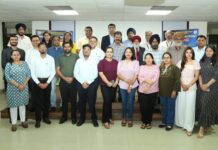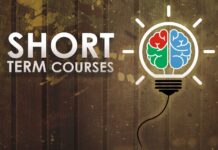The foundations of research methods in social science rest on the systematic pursuit of knowledge, employing empirical investigation and critical analysis to understand human behavior and societal structures. It encompasses a spectrum of qualitative and quantitative techniques, each providing a unique lens to examine complex social phenomena, ensuring a comprehensive understanding through triangulation. The rigor of research design, hypothesis formulation, data collection and analysis, is crucial for the validity and reliability of findings, which in turn inform policy, practice and further academic exploration. At its core, social science research methods strive to produce credible knowledge grounded in theory and evidence, fostering informed decisions and progressive societal change. In this context, Human Resource Development Center in collaboration with Department of Political Science, School of Liberal and Creative Arts (Social Sciences & Languages), LPU conducted a ‘Short Term Course on Mastering Research Methods in Social Science w.e.f. April 29, 2024 to May 04, 2024.
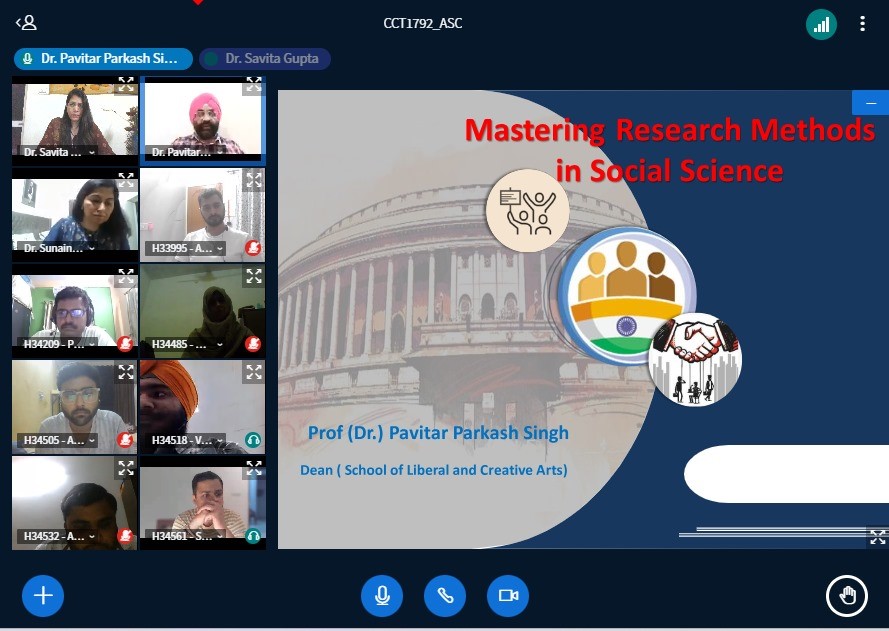
The course aimed at developing the understanding and skill of various research methods and their application in social sciences, developing the ability to select and apply appropriate methods for their research projects, acquiring practical skills in data collection, analysis & interpretation, and enhancing critical thinking in article and report writing.
Dr. Sunaina Ahuja, Professor and Dean, Head-Human Resource Development Center (HRDC), LPU in her inaugural address mentioned that this program will equip participants with the essential skills and knowledge of various research methods and their application in social sciences. Moreover, she expressed confidence that the course’s deliberations, hands-on training and demonstration will help participants to develop tangible skills in various research methods and their application in social sciences and will acquire practical skills in data collection, analysis & interpretation and will enhance critical thinking in article and report writing.
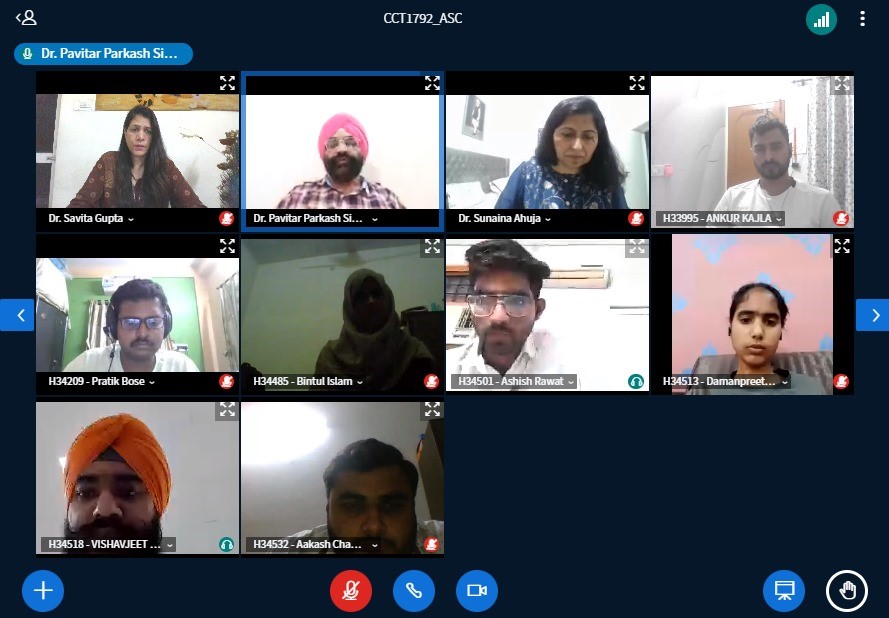
The resource panel included Dr. Pavitar Parkash Singh, Professor and Dean, School of Liberal and Creative Arts (Social Sciences & Languages), LPU, Prof. Noor Ahmad Baba, Ex-Dean Social Science, Department of Political Science, University of Kashmir, Central University Kashmir, Prof. Peter Hudis, Professor, Philosophy and Humanities, Oakton Community College, USA, Dr. Javeed Ahmad Bhat, Associate Professor, Department of Political Science, School of Liberal and Creative Arts (Social Sciences & Languages), LPU, Dr. Gurjeet Kaur, Assistant Professor. Department of Political Science, School of Liberal and Creative Arts (Social Sciences & Languages), LPU, and Dr Neha Kumar, Assistant Professor, Department of Political Science, School of Liberal and Creative Arts (Social Sciences & Languages), LPU. Day wise key highlights of the program are appended below:
Day 1: Nuances of Social Science Research
Dr. Pavitar Parkash Singh, conducted an engaging session on the intricacies of social science research. Using the 5Ws and 1H framework, Dr. Singh delved into the fundamental principles underlying social science inquiry. Participants gained insights into the significance of understanding the who, what, when, where, why, and how of research in the social sciences. Through thought-provoking discussions and real-world examples, Dr. Singh emphasized the importance of considering various perspectives and methodologies in conducting rigorous research.
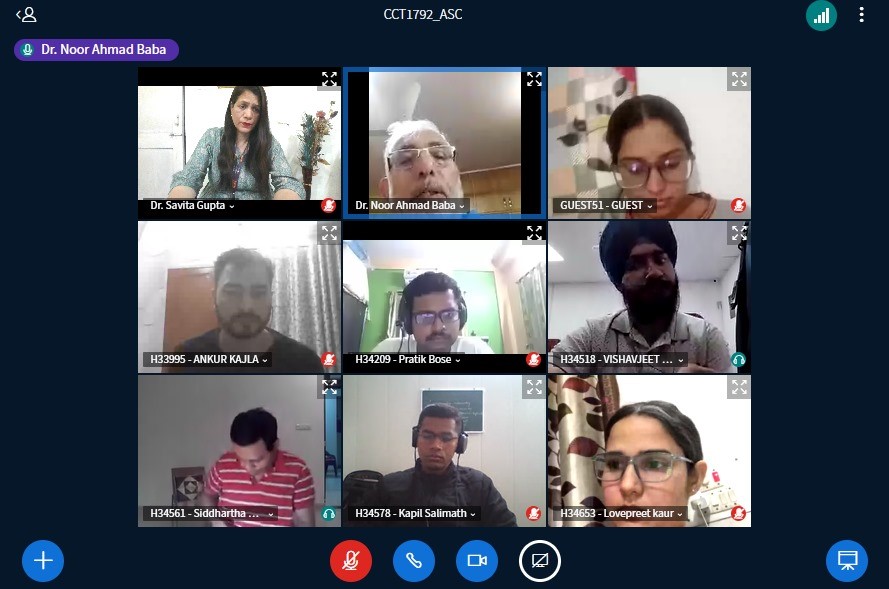
Day 2: Beyond Positivism: Relevance of the Pluralist Method in Social Sciences Research
Prof. Noor Ahmad Baba focused on moving beyond positivism in social sciences research. Participants explored the significance of adopting a pluralist approach to research, challenging the traditional positivist paradigm. Prof. Baba highlighted the importance of considering multiple viewpoints and methodologies in understanding complex social phenomena. Through engaging discussions and case studies, participants gained a deeper appreciation for the diversity of research methods available in the social sciences.
Day 3: Epistemological Issues in Contemporary Social Science
Prof. Peter Hudis, conducted a thought-provoking session on epistemological issues in contemporary social science. Participants delved into the philosophical underpinnings of knowledge production in the social sciences, exploring questions of objectivity, subjectivity, and truth. Prof. Hudis challenged participants to critically reflect on the nature of knowledge and the role of ideology in shaping research practices. Through stimulating discussions and theoretical analyses, participants gained a deeper understanding of the complexities inherent in social science research.
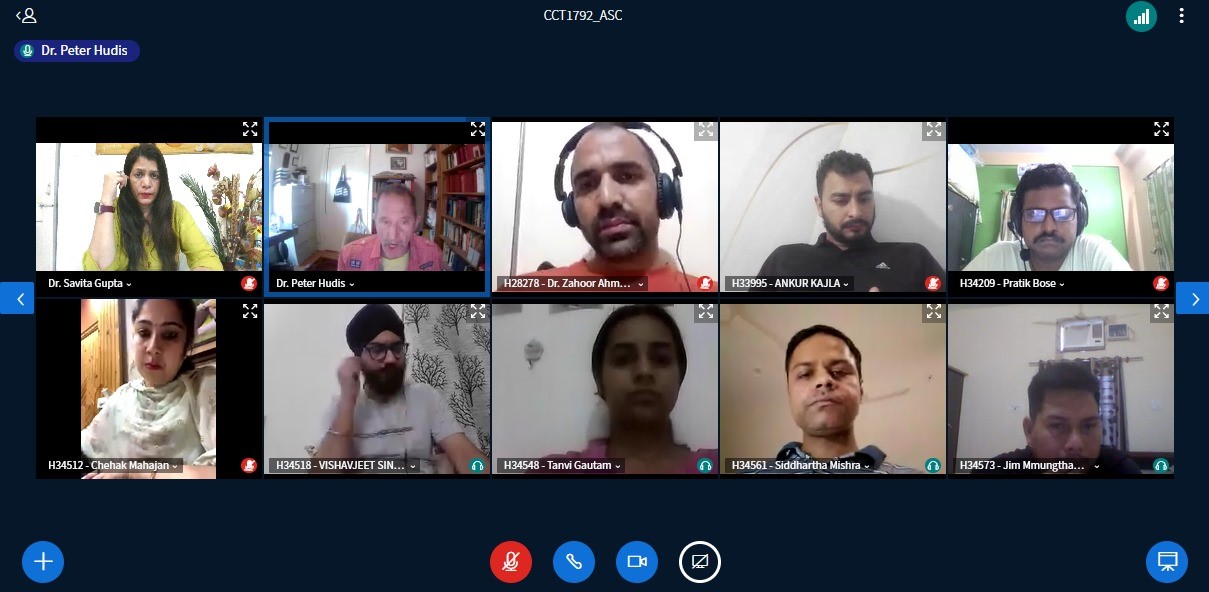
Day 4: Scientific Methods and Research Design
Dr. Javeed Ahmad Bhat conducted an informative session on scientific methods and research design. Participants learned about the principles of rigorous research design, including hypothesis formulation, sampling techniques, and data collection methods. Dr. Bhat emphasized the importance of methodological rigor in ensuring the validity and reliability of research findings. Through practical examples and hands-on exercises, participants gained valuable insights into designing and conducting scientifically sound research in the social sciences.
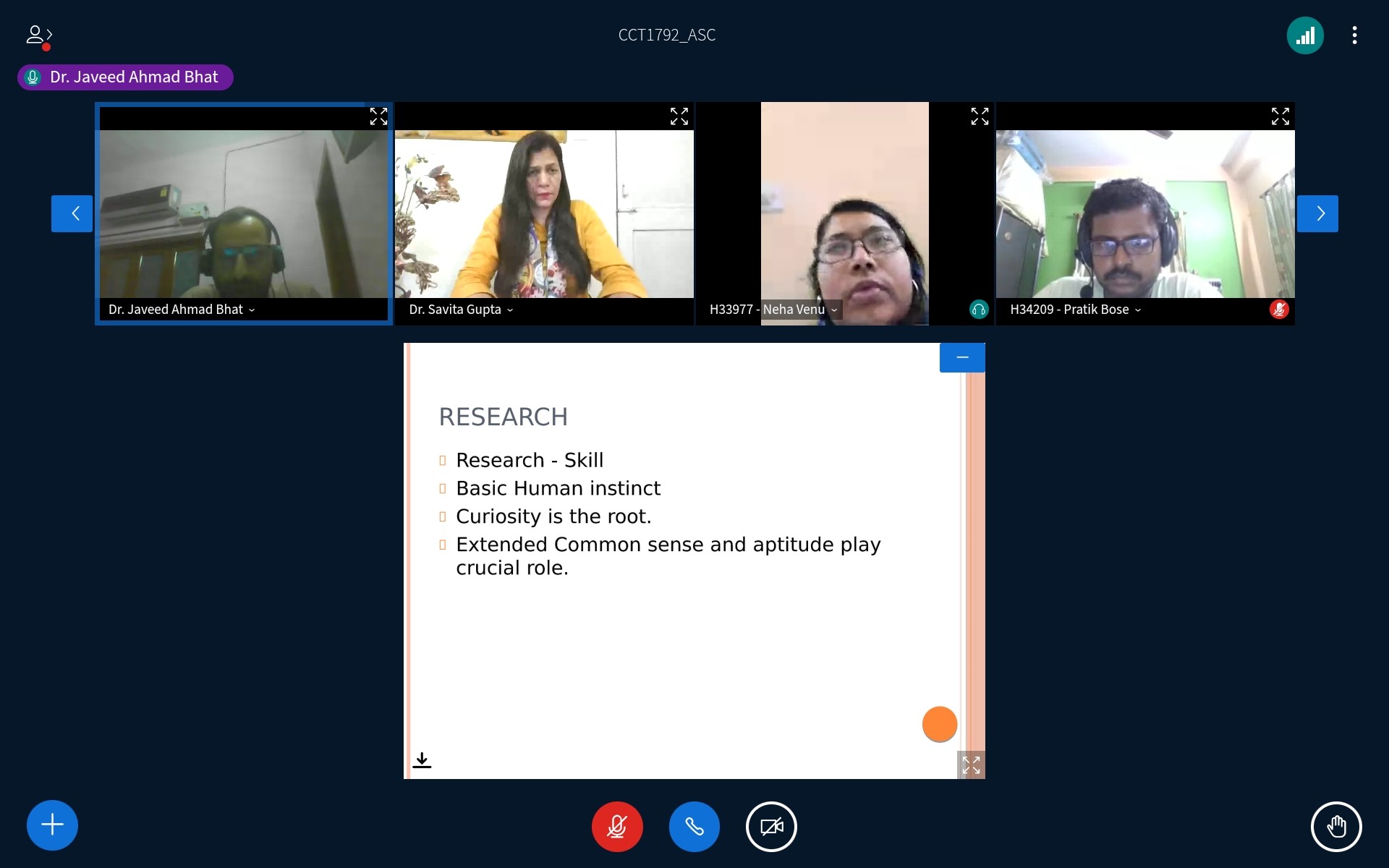
Day 5: Collection and Analysis of Data
Dr. Neha Kumar facilitated a session on the collection and analysis of data in social science research. Participants learned about various data collection methods, including surveys, interviews and observations, as well as techniques for data analysis. Dr. Kumar provided practical guidance on ensuring the quality and integrity of data throughout the research process. Through interactive activities and case studies, participants gained practical skills in collecting, managing, and analyzing data for their research projects.
Day 6: Structure of Article and Report Writing
Dr. Gurjeet Kaur concluded the program with a session on the structure of article and report writing. Participants learned about the essential components of research articles and reports, including abstracts, introductions, methods, results and discussions. Dr. Kaur provided practical tips and guidelines for effectively communicating research findings in written form. Through interactive discussions and peer feedback, participants gained valuable insights into crafting clear, concise, and compelling research reports.
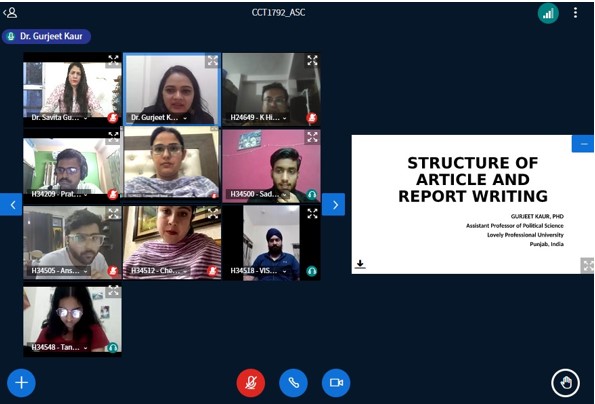
Subject Matter Experts (SMEs) strategically included a blend of theoretical instruction, practical demonstrations and hands-on exercises, ensuring participants gained a comprehensive understanding of the topics covered and fostering an engaging and interactive learning environment. Post-training evaluation serves a crucial role in gauging the efficacy of the STC. Two types of post training evaluation both quiz and project were assigned. Participants were asked to submit a prepare a synopsis that should be concise, clear and engaging, providing a comprehensive overview of the research problem while capturing the reader’s interest and attention.
Dr. Savita Gupta, Professor, Head-Department of Faculty Development coordinator of the program applauded the resource persons and organizing team for conducting a meaningful short-term course and successful in meeting participants’ expectations. Co-coordinator of the program Dr. Kirandeep Singh, Professor, Head-Department of Political Science, Punjabi, Hindi, School of Liberal and Creative Arts (Social Sciences & Languages), LPU proposed a formal vote of thanks. Feedback was solicited from the participants in response to which they appreciated the gesture shown by the LPU-HRDC in terms of choice of Subject Matter Experts and curriculum framed to make us clear about the research methods and their application in social sciences and will acquire practical skills in data collection, analysis & interpretation, and enhance critical thinking in article and report writing.




